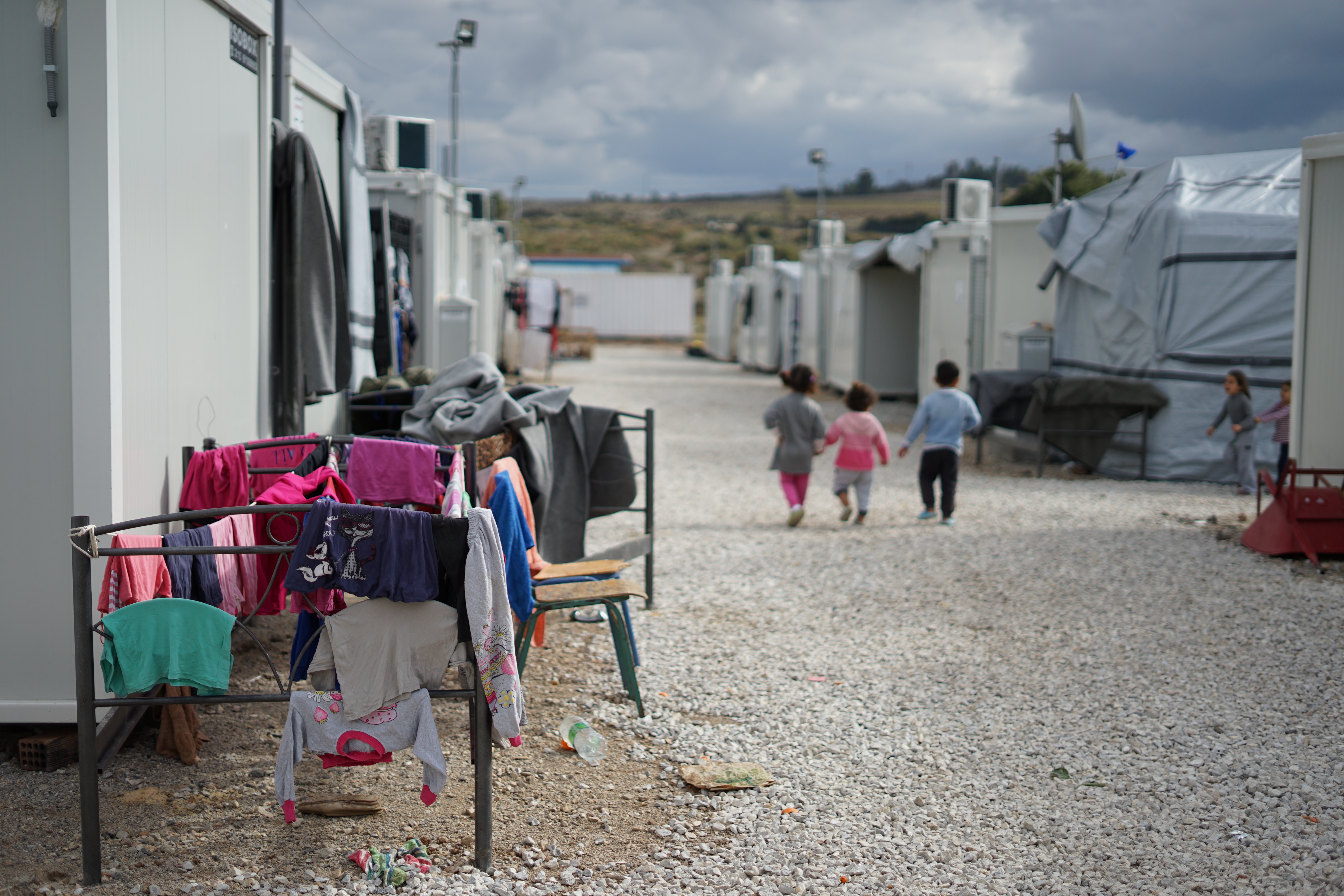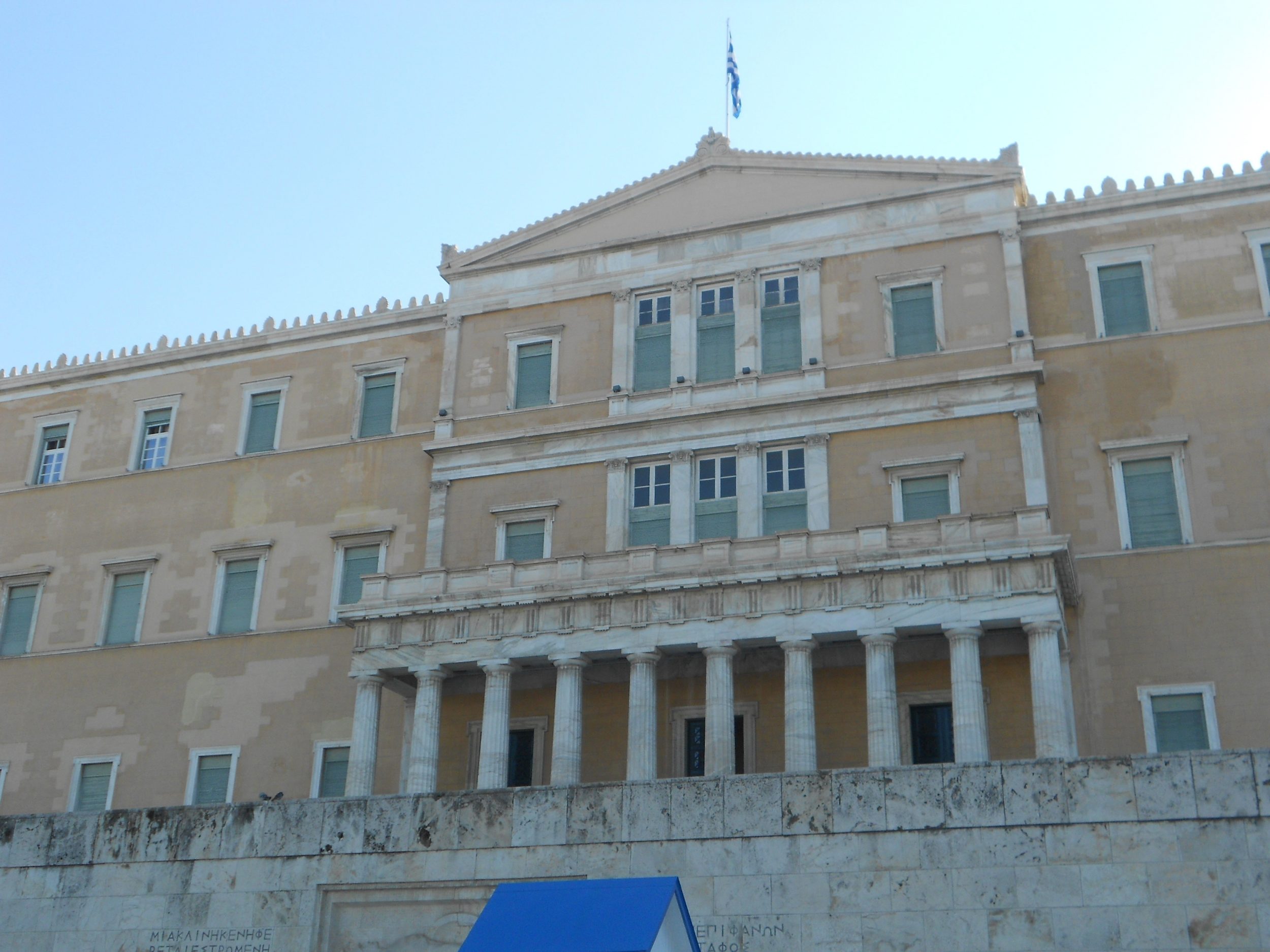In the past six years thousands of Greeks have been socially displaced. This significant life change has triggered powerful negative emotions. As an outside event affecting the Greek society, the crisis initially cultivated a negative emotional atmosphere which by time settled to a permanently distressing emotional climate[1].
Media have significantly contributed to this[2]. In a five year period (2009-2014) they have systematically focused on threatening and destabilizing financial effects, neglecting possible available resources for the humanitarian problems raised by the crisis (e.g. poverty, inaccessibility of health institutions, suicides, unemployment). Very few news items address these issues, usually in a dramatized manner, without connections to the wider socio-economic context and with attributions of causes of suffering to individuals rather than institutions. Only 11.7% of these publications featured institutions or collectivities formed to relieve pressure and pain (NGOs, church, neighborhood, non-formal groups etc.). Such low publicity of available options has contributed to hopelessness, helplessness and deadlock feelings.
Greeks generally record higher levels of hopelessness compared to international data. In a sample of 160 participants, hopelessness increased even further when they were exposed to images of crisis (homeless, beggars, closed down shops etc.), with men -probably as the main family bread earners- generally showing more hopelessness than women. Images of crisis increased political efficacy of participants above the age of 23, but had a different impact on participants younger than 22. The latter, and especially the male more than the female, recorded increased intention for alternative political action (e.g. collective action based on neighborhood or small collectives), but decreased political efficacy. This combination may reflect distrust in traditional politics and a pursuit for alternative action repertoires; it may also explain abstention from the recent elections.
In-depth interviews with individuals aged 18-70 revealed that the main emotions triggered by the crisis were distressing (anger, rage, fear, stress, sadness, disappointment, despair, guilt), with the exemption of participants involved in some form of collective action, who expressed joy during the action. Those who were already at a disadvantageous position at the beginning of the crisis, thought it as an opportunity for the restoration of social justice. However, as the crisis persisted they lost hope. Citizens who were immediately affected by the crisis were traumatized. For those not immediately affected, it obtained increasing emotional reality through time, as they began to realize that it is affecting them personally; this realization resulted to changes in political action during the different phases of the crisis. All age groups were low in optimism, with the exception of some participants interviewed around the January 2015 elections, who expressed cautious hope. Nevertheless, interviewees and especially those over 55, reported to feel quite resilient, perhaps due to past experiences of recovery from sociopolitical distress.
Highest political efficacy was reported by the youngest and the oldest age-groups (18-24 and 55-70). For older individuals it seems connected to a pre-existing political ideology -important part of social identity in their generation-, while younger individuals seem to try to defuse negative emotions in seeking new action repertoires. The middle age-groups (25-44) appear confused and uneasy in terms of political efficacy; they don’t know who and in what to trust and feel their actions have no political impact as they live in a corrupted country; instead they feel quite efficient to invest on personal goals and interpersonal relationships (e.g. by helping friends in need).
[1] See Bar-Tal, D., Halperin, E., de Rivera, J. (2007). Collective emotions in conflict situations: Societal implications. Journal of Social Issues, 63 (2), 441-460.
[2] Davou B., Demertzis N. (2013). Feeling the Greek financial crisis. N. Demertzis (Ed.), Emotions in Politics: The Affect Dimension in Political Tension,London, Pallgrave MacMillan, pp. 93-123.
Note: This article gives the views of the author, not the position of Greece@LSE, the Hellenic Observatory or the London School of Economics.






